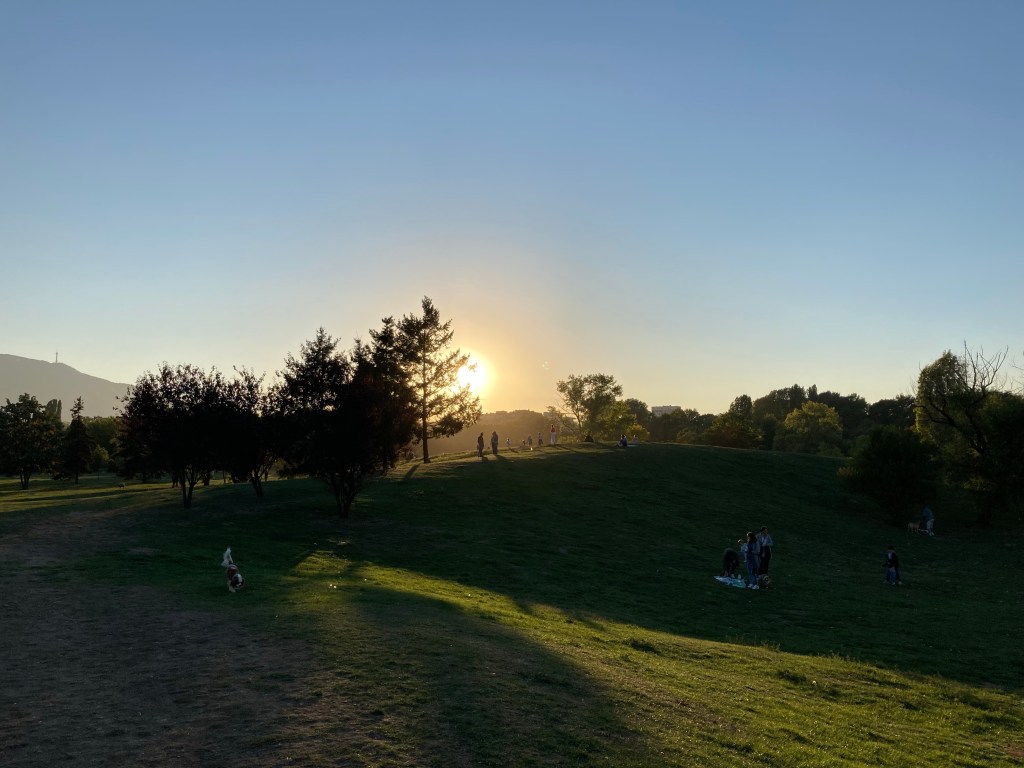We have been placed on this earth, we’re not really sure how, except to say that we emerged from our mother’s womb after a gestation period of nine months. When we emerged, having survived in water, we took a breath of fresh air and thus became suitable for the environment we now inhabit. Once we had breathed in, we could breathe out and we joined all the other creatures in translating the environment around us.
It is important that we understand this concept of translating the environment around us. We generally look down on translation. It is second best to the original. It contains mistakes and isn’t as good as reading the original text. The translator’s name is hidden, eclipsed. When we need a translator, that person is essential, but we soon forget about them afterwards. Perhaps because the translator takes control away from us, we cannot access the original language ourselves and so we must rely on the other.
But translation goes further than this. The person who sits down and writes the original text is also translating – translating their experiences, the stories they have heard, the knowledge they have acquired, the words they have learned, their understanding of conversations. And they translate all of that on to a piece of paper. The way they write it one day will not be the same if they write it on another day, so the text is susceptible to their mood on that day and the environment around them (any disturbances). Creativity is a fragile thing.
And while they are doing this, they are translating the air by breathing, translating the food they had for breakfast that morning, translating (making sense of) any conversations they may overhear. Everything in this world is translation because nothing begins or ends with us.
The same might be said of our thoughts. Do they truly originate with us? Or are they placed in our minds to see what we will make of them, how we will react? I believe that the only thing that is ours, strictly speaking, is our reaction, how we choose to react – whether we choose in a given moment to show love or hatred. This also is translation because our reaction, our choice of words or deeds, is like choosing the words with which to represent a text in another language. Again, it will not be exactly the same on one day as the next.
Air passes through us. Food passes through us. Even life passes through us – the life we receive from our parents and pass on to our children, precisely because we are not the authors of life. Even trade, the desire to make money, involves things passing through our hands. They do not begin with us, we do not come up with the raw materials, more often than not it is the earth that does that. We change them in some way (a process that normally involves packaging) and pass them on, fixing a price as we do so.
But we would prefer to think of ourselves as authors. We lay claim. We say this piece of land, this object, this product is mine – because I paid for it, because I got here first. Once we draw the line and say something is mine, we open ourselves to conflict, because it is a false assumption. We don’t own the land we live on, someone else made it, and it wasn’t us. We don’t own what the earth produces, we certainly didn’t invent the seed that gave rise to the crop.
If you fail to recognize the other, then what the world contains, even other people, are fair game, you might think, a potential source of profit. But this is a corrupted way of thinking. We should use what is placed at our disposal for the good of others, not to make a profit.
This claiming ownership is really making ourselves out to be the source of what is around us, and only God can do that, the same God who appeared to Moses at the burning bush in Exodus, chapter 3, and sent him to free the Israelites from bondage to the Egyptians. When Moses asks, naturally enough, on whose authority he is to do this, who he is to say has sent him, God replies, ‘I AM WHO I AM.’ This is the name of the one who sent you.
In Greek, this phrase is translated ‘ἐγώ εἰμι ὁ ὤν’, literally ‘I am the being’, and the last part of this phrase – ‘ὁ ὤν’, ‘the being’ – is included in icons of Christ Pantocrator, since in Orthodox tradition it is the pre-incarnate Christ who appears in the Old Testament. The letters are written in capitals: O WN.
Not only do these three letters spell three words in English – own, won and now – not only do they spell a number if we rotate one of the letters – ONE – they make clear, as all of language does, who the author is, who is the one that can lay claim to ownership. The rest of us are just passing through.
Jonathan Dunne, http://www.stonesofithaca.com
